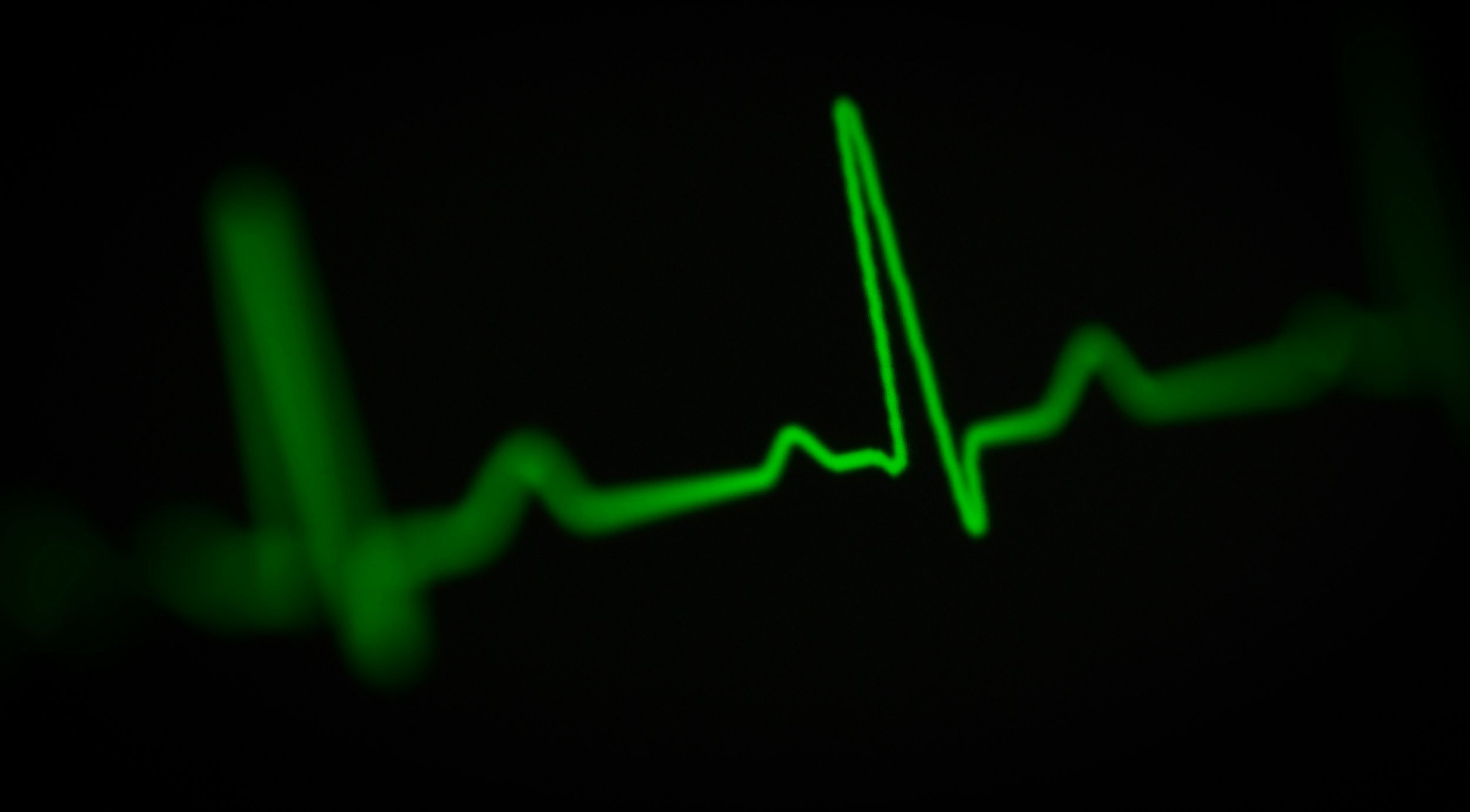
Ventricular Tachycardia (VT): Expert Diagnosis & Treatment with Dr Li, Cardiologist in London
If you’ve been diagnosed with VT or are experiencing symptoms like sudden palpitations, dizziness, or blackouts, it’s important to be assessed by a specialist. Dr Li, a leading private cardiologist in London, has a specialist interest in VT and offers world-class evaluation and treatment from his London cardiology clinic.
What Is Ventricular Tachycardia?
Ventricular tachycardia (VT) is a serious heart rhythm condition that originates from the lower chambers of the heart (ventricles). This rhythm is not part of the heart's normal electrical system and typically occurs independently of the normal heartbeat. It can cause the heart to beat abnormally fast and, it can appear as short, self-terminating episodes or persist for longer periods, which may require urgent medical intervention. While VT often occurs in people with underlying heart disease, it can also affect those with structurally normal hearts.
Causes of Ventricular Tachycardia
VT is often associated with underlying heart disease, especially:
Previous heart attack (myocardial infarction): Scar tissue from a past heart attack can create abnormal electrical circuits that trigger VT.
Cardiomyopathy (heart muscle disease)
Congenital heart abnormalities
Inherited arrhythmia syndromes, such as Brugada or Long QT syndrome
Inflammatory or infiltrative diseases, such as sarcoidosis or myocarditis
In some people, VT can occur without any identifiable structural heart disease—this is known as idiopathic VT.
Is Ventricular Tachycardia Dangerous?
Yes, ventricular tachycardia can be life-threatening—especially if it is sustained and causes the heart to pump inefficiently. It may lead to:
Severe dizziness or blackouts (syncope)
Chest pain
Shortness of breath
Sudden cardiac arrest
Because of this, individuals with VT may need urgent management and long-term treatment strategies to prevent recurrence.
Symptoms of Ventricular Tachycardia
VT can present with a wide range of symptoms depending on its duration and the health of the heart muscle. Common symptoms include:
Palpitations (sudden, fast pounding heart)
Lightheadedness or dizziness
Fainting episodes
Chest pain
Shortness of breath
In some cases, no symptoms—especially in patients with implanted devices that detect and treat VT silently
How Is VT Treated?
At Dr Li’s private cardiology clinic in London, treatment is always tailored to your specific diagnosis and overall heart health. Treatment options include:
Medication
Antiarrhythmic medications are often the first step to reduce the frequency or stop episodes of VT.
Medications may also be used to stabilise the heart rhythm long-term.
Implantable Cardioverter Defibrillator (ICD)
For patients at risk of dangerous or life-threatening VT, an ICD may be recommended.
The device continuously monitors your heart and delivers a shock if VT is detected.
Catheter Ablation
In many cases, a catheter ablation procedure is used to locate and destroy the small areas of heart tissue causing VT.
This is a minimally invasive procedure performed with fine wires guided through blood vessels into the heart.
Dr Li’s Expertise in Ventricular Tachycardia Treatment
Dr Li has a specialist interest in the treatment of VT, having spent three years on post-doctoral research developing a system to accurately and rapidly locate the origin of VT during catheter ablation procedures. This work has been published in leading international cardiology journals.
He further refined his techniques at the UCLA Cardiac Arrhythmia Center in the United States—one of the world's most advanced centres for heart rhythm management.
In collaboration with Dr Magdi Saba at St George’s Hospital, Dr Li co-leads the AVATAR Programme (Advanced Ventricular Arrhythmia Training and Research), a nationally and internationally recognised centre of excellence for treating complex ventricular arrhythmias.
Advanced Treatments Available Through the AVATAR Programme:
Epicardial ablation: A specialised procedure to treat arrhythmias from the outside surface of the heart.
Bipolar ablation: One of the few centres globally offering this technique for deeply located circuits.
Cardiac sympathectomy: A surgical approach used in highly complex or resistant VT cases.
Patients are often referred to Dr Li and his team from across the UK and abroad—especially those who have had previous unsuccessful treatments or have high-risk, complex VT.
Book an Appointment with Dr Li – Private Cardiologist in London
If you’ve been diagnosed with ventricular tachycardia or are experiencing worrying symptoms like palpitations or fainting, Dr Li can offer expert assessment and cutting-edge treatment options from his private London cardiology clinic.

